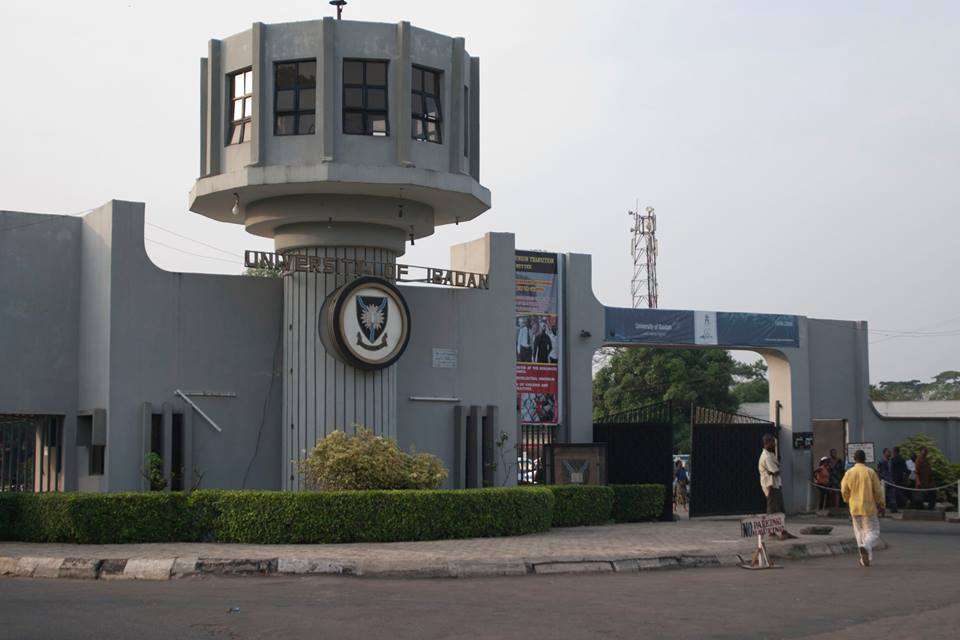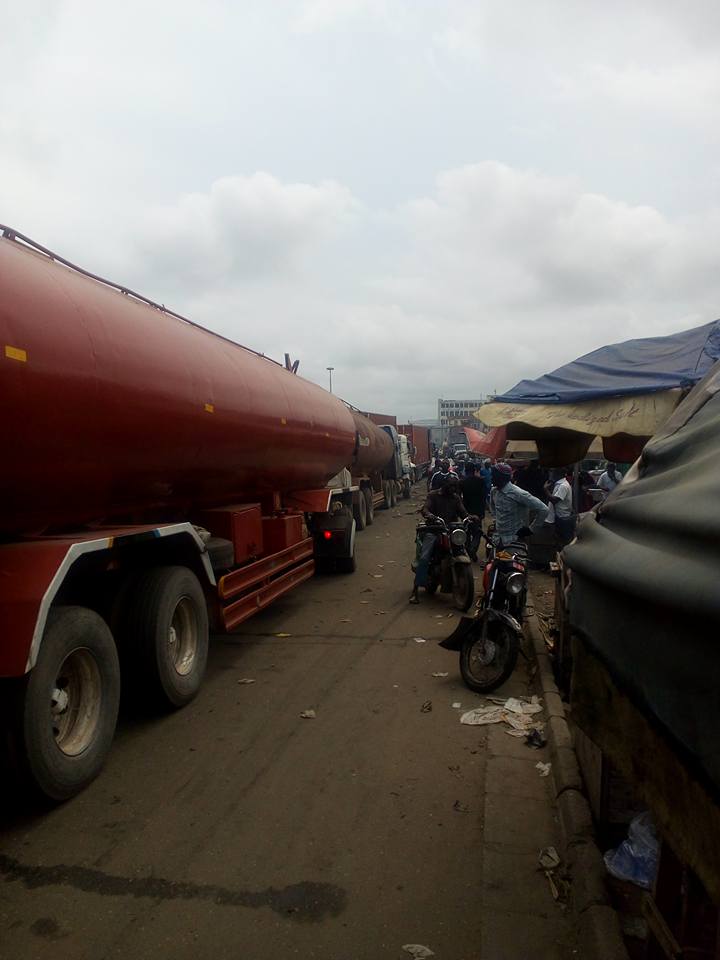The management of the University of Ibadan International School has ordered the reopening of the school which was shut last week.
The school, which has witnessed series of crises over the use of hijab by female Muslim students, was shut last week Monday after some Muslim parents insisted that the use of hijab is a constitutional right of their children.
A visit to the school around 8.am on Monday, however, revealed that the school has been reopened.
It was observed that security men have been stationed at the entrance that leads to the main gate of the school, to maintain law and order.
Parents were asked to park their cars and allow their children walk into the school by themselves.
It was not immediately clear whether academic activities had resumed as non-students were barred from entering the premises.
The school principal, Phebean Olowe, declined comments when journalists, who were at the gate of the school, called her.
However, the Deputy Vice Chancellor (Academic) University of Ibadan, Yinka Aderinto, in a statement on Monday, maintained that the decision and outcome of the November 14 meeting of the Board of Governors of the School, should be respected by all, in the interest of the students and progress of the school.
Mr Aderinto added that individuals or groups that may seek a change in the dress code, should follow the due process of requesting for such, adding that the final decision on any such change still lies with the Board of Governors.
He said, “A meeting of the Expanded Management of the University of Ibadan was held on Friday, November 23, 2018, at 5pm. The meeting was presided over by the Vice Chancellor of the University and was called to discuss the lingering religious crisis affecting the International School of the University.
“The meeting was attended by Principal Officers of the University, Deans, Directors of Academic Units and Council members. The Principal of the International School, and her three Vice Principals were also present at the meeting.
“After consideration of all that had happened since the crisis started on November 12, 2018, including efforts at resolving the crisis, the meeting resolved as follows: There is a need to take a dispassionate look at the rules and regulations governing not only dress code but general conduct of students in the International School, Ibadan. Such perspective will enable a deeper understanding of the principles underlying the establishment of those rules.
“The International School is a private school and is guided by its own policies, rules and regulations. The meeting also noted that there is a subsisting court judgement that has affirmed the private status of the school.
“Following from the above, the meeting decided that: The decision and outcome of the November 14, 2018, meeting of the Board of Governors of the School should be respected by all in the interest of the children and progress of the school.
“The status quo as regards students’ dress code as contained in the school rules and regulations should be maintained. Individuals or groups that may seek a change in the dress code, or any other aspect of the rules of the school should follow the due process of requesting for such but the final decision on any such change still lies with the Board of Governors.
“Adequate measures should be put in place to forestall breakdown of law and order in the school. The Board of Governors be advised to reopen the school for academic activities on Monday, November 26, 2018”.


